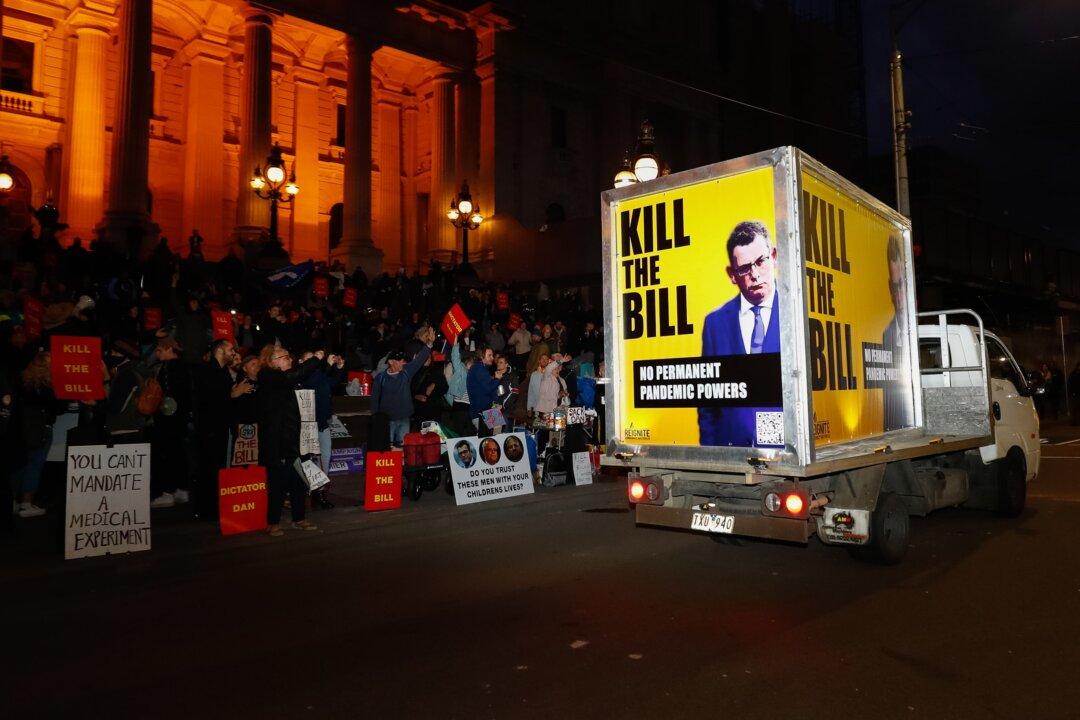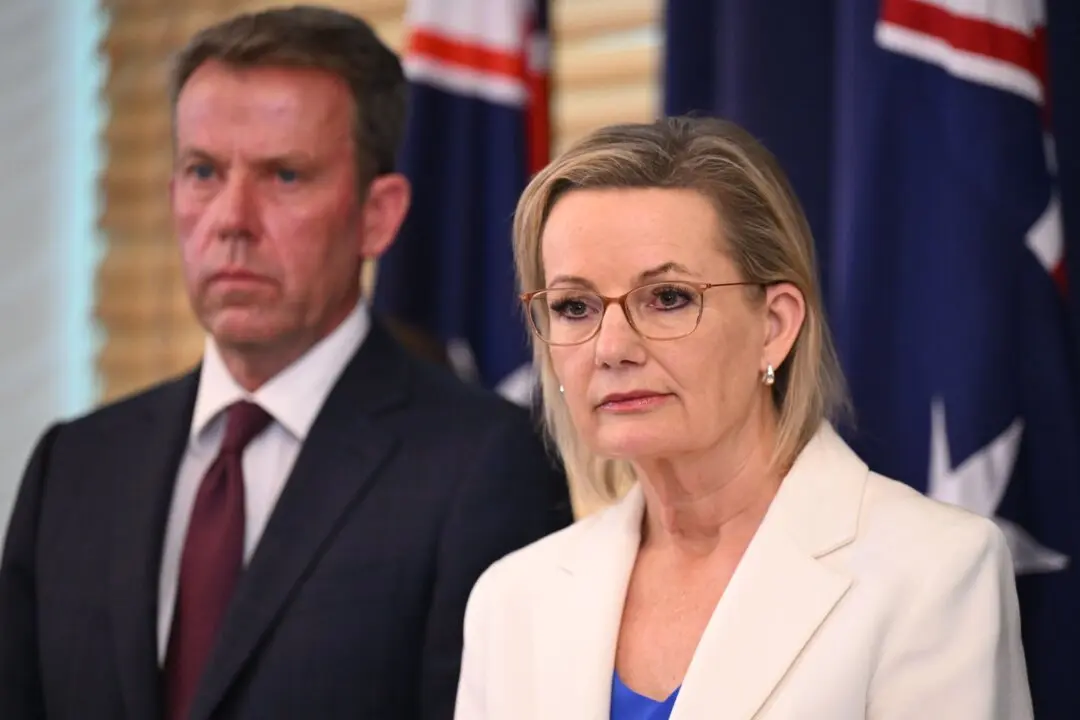The Victorian state government has agreed to tinker with its broad-ranging Pandemic Management Bill to win over crossbench MPs and secure safe passage for the proposed law through the state’s Parliament.
Seven amendments have been made to the Public Health and Wellbeing Amendment (Pandemic Management) Bill after negotiations with crossbench members from the state’s upper house.





